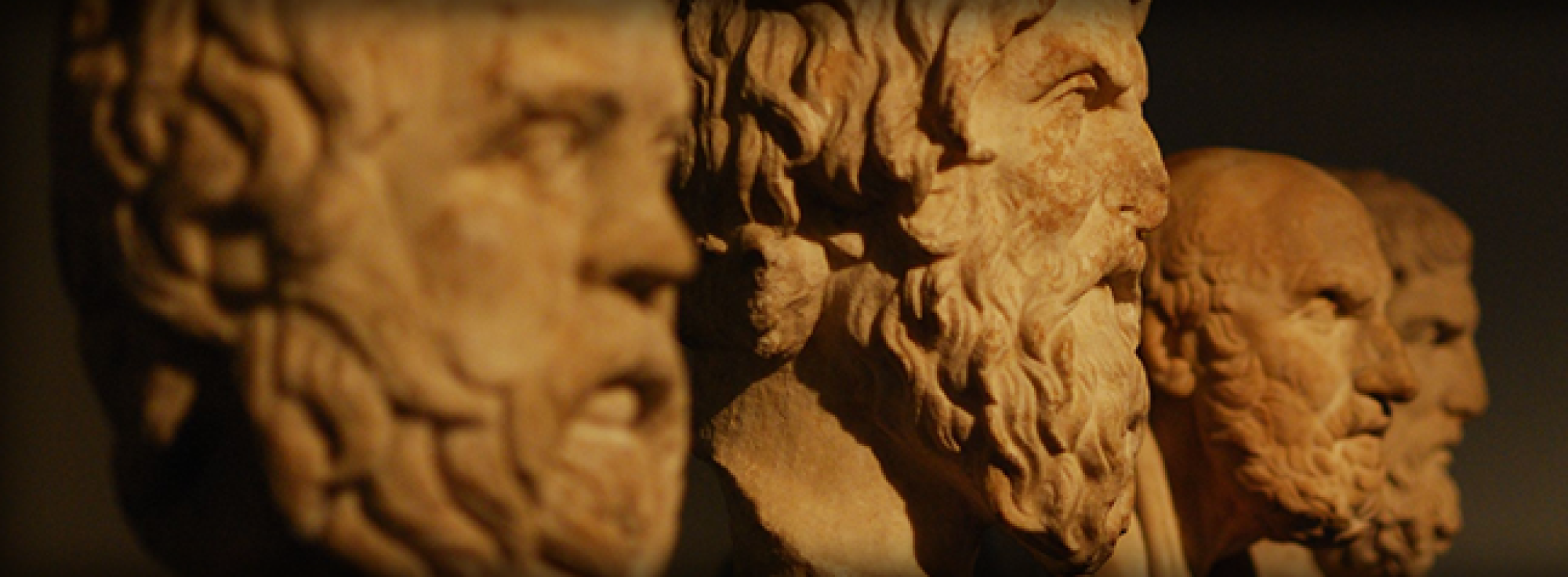 I am Professor of Philosophy and Chair of the Philosophy Department at Metropolitan State University of Denver. In 2012, I received my doctorate in Philosophy from Princeton University, where I was part of the Program in Classical Philosophy.
I am Professor of Philosophy and Chair of the Philosophy Department at Metropolitan State University of Denver. In 2012, I received my doctorate in Philosophy from Princeton University, where I was part of the Program in Classical Philosophy.
My primary research interests are in ancient Greek and Roman philosophy, medieval philosophy, and philosophy of religion. I am also a leader in the philosophy as a way of life movement, an initiative to study and teach visions of the good life in a holistic and engaged way. I served as one of the Lead Faculty Advisors for the Philosophy as a Way of Life Project, sponsored by Notre Dame and the Andrew Mellon Foundation. Those in the movement seek to show students and the public how the practice of philosophy contributes to human life.
I have two main areas of research, one examining the nature and interrelationship of the human and divine in Aristotle and one exploring the relationship between philosophical and religious ways of life through a close examination of Augustine’s relationship to ancient philosophy. In the first area, I challenge the currently predominant naturalist readings of Aristotle. While Aristotle acknowledges that human life is similar in many respects to that of other biological creatures, I argue that Aristotle thinks exercising understanding is a way of becoming immortal and sharing in timeless and ongoing divine activity.
In my second research area, I use Augustine’s engagement with philosophy to explore the intersections and tensions between philosophical and religious ways of life. Augustine adopts many key commitments of Greco-Roman philosophy, including eudaimonism and the conviction that a true philosophy must issue in a way of life. At the same time, he offers a distinctive reconfiguration of Stoic and Platonic conceptions of the intellectual and moral virtues in light of his Christian view of reality and his belief that true virtues and true happiness cannot be fully attained in our current lives. I argue that Augustine continues the tradition of philosophy as a way of life, using his views on the city of God and the resurrection of the body to offer a resolution of Stoic and Peripatetic puzzles about the conditions for happiness and the possibility of achieving it.
I am also interested in the medieval traditions of commentary and engagement with Aristotle in both the Islamic world and Latin west, focusing on issues of causation and cognition. In the philosophy of religion, I apply insights from ancient and medieval thinkers to a number of topics iincluding theories of personal identity and survival, the relationship between divine and human agency, and divine simplicity.
